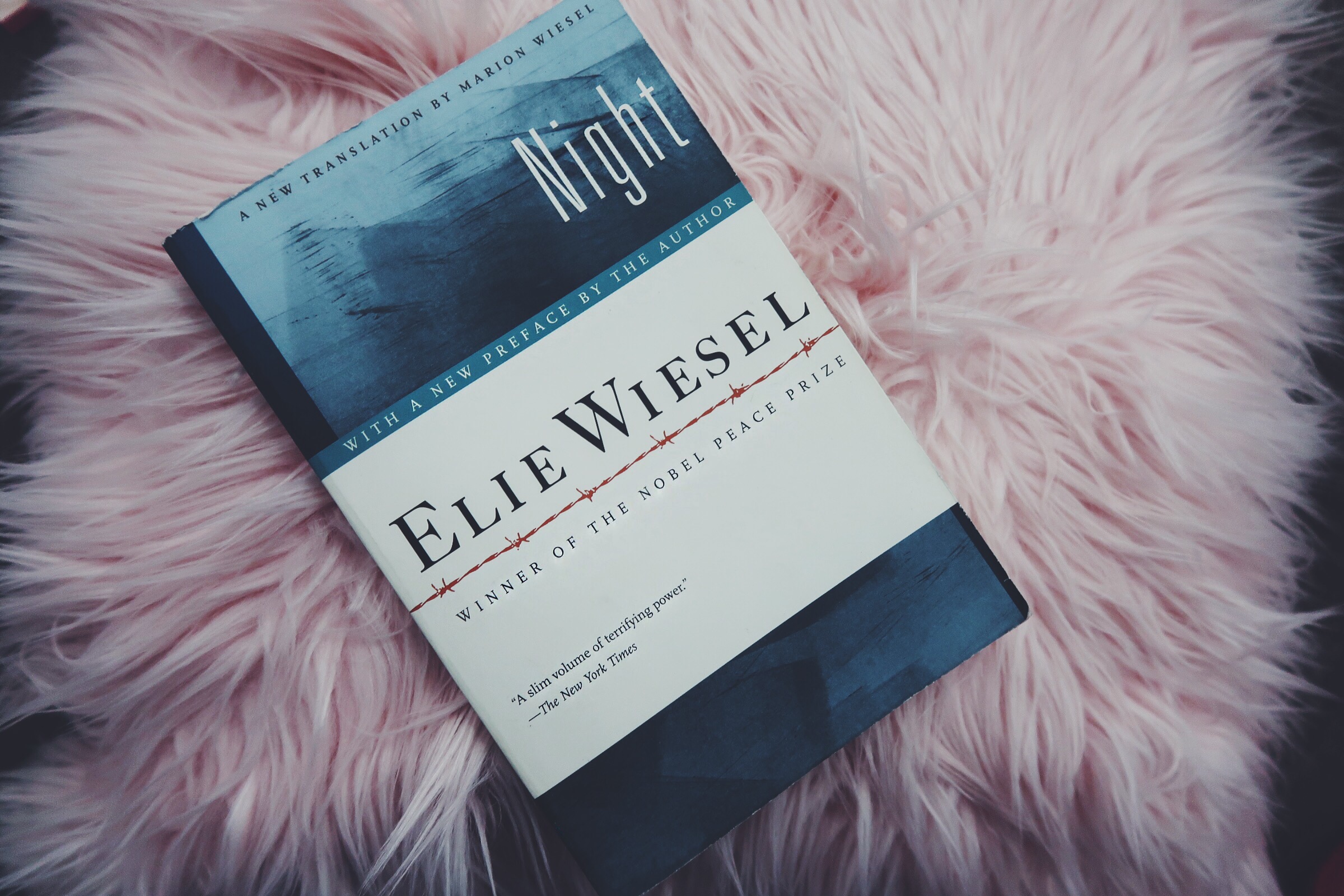With the application of reductionism in this post, we shall soon get to the bottom of how American literature and the American identity are interrelated. First, we would examine the two core concepts in this topic severally, then we get to deduce a conclusion ourselves.
The American Literature
American literature refers to the body of written or literary works produced in the United States and its preceding colonies. It encompasses a wide range of genres, including novels, short stories, poetry, essays, plays, and more. Spanning several centuries, American literature reflects the cultural, social, and historical experiences of the American people. Here are some key periods and notable authors in American literature:
- Colonial and Early American Literature (1600s-1800s): Early American literature often focused on religious themes, exploration, and the challenges of establishing a new society. Anne Bradstreet, Jonathan Edwards, Benjamin Franklin, and Washington Irving, are some notable authors of the period.
- Romanticism and Transcendentalism (early to mid-1800s): The transcendentalism period emphasized individualism, nature, intuition, and a fascination with the supernatural. Transcendentalists advocated for self-reliance and the search for truth within.
Some notable authors of the period include Edgar Allan Poe, Nathaniel Hawthorne, Ralph Waldo Emerson, and Henry David Thoreau.
- Realism and Naturalism (late 1800s to early 1900s): With Mark Twain, Henry James, Stephen Crane, and Kate Chopin being some of the period’s notable authors, Realism aimed for an accurate portrayal of everyday life and society, often depicting the harsh realities of life. Naturalism extended this focus, exploring how environmental and social forces shape individuals.
- Harlem Renaissance (1920s): The Harlem Renaissance was a cultural, artistic, and literary movement centered in Harlem, New York. It celebrated African American culture and contributed significantly to African American identity and pride. Langston Hughes, Zora Neale Hurston, and Claude McKay, were especially known for this literature.
Some other Literary eras we may not have to really discuss are Modernism Literature, Contemporary and Postmodern Literature, Ethnic and Minority Literature.
American literature continues to evolve, reflecting the dynamic nature of American society and the ever-changing experiences of its people. It remains a vital part of the cultural landscape, contributing to discussions about identity, history, and the human condition.
The American Identity
Given this literature thing, let’s now go down to the identity. The American identity is a complex and multifaceted concept that encompasses a range of cultural, social, and political ideals associated with the United States. It is shaped by a combination of historical events, shared values, diverse demographics, and evolving narratives. Some key elements that contribute to the American identity include:
- Cultural Pluralism. America’s identity is marked by its diversity.
- Founding Principles. The American identity is rooted in the founding principles outlined in documents like the Declaration of Independence and the Constitution, some of which include ideals of liberty, equality, and the pursuit of happiness.
- Individualism. Americans often hold individual freedom and self-reliance in high regard.
- Patriotism. It is no news that a strong sense of patriotism and national pride is a defining feature of the American identity.
- Historical Narratives. The stories and narratives of America’s history, including events like the Revolutionary War, westward expansion, and the Civil Rights Movement, play a significant role in shaping the American identity.
Read Also: What is The Scope of Literature?
We should remind ourselves, however, that the American identity is relatively peculiar to Americans alone. Different individuals and communities may have distinct perspectives and interpretations of what it means to be American based on their backgrounds and beliefs.
How Are American Literature and The American Identity Interrelated?
Just as we have seen in the previously examined subheadings, American literature and the American identity are closely interrelated as they both reflect and shape each other.
Literature, as we know, often serves as a mirror to society, offering insights into the values, beliefs, and experiences of a culture. In the case of American literature, it has played a significant role in shaping and defining what it means to be American.
Early American literature, like the works of authors such as Nathaniel Hawthorne, Edgar Allan Poe, and Ralph Waldo Emerson, often grappled with questions of national identity, individualism, and the American experience.
Later authors like Mark Twain and Toni Morrison continued to explore themes of freedom, equality, and the pursuit of the American Dream.
Through novels, essays, poetry, and other forms of literature, American writers have engaged with key moments in the nation’s history, including periods of expansion, social change, and conflict.
Additionally, American literature has been instrumental in fostering a sense of unity and shared cultural heritage among diverse populations within the United States. It has provided a platform for voices that may have been marginalized or underrepresented, contributing to a broader understanding of the American identity and concept of “American-ness.
Final Thought
American literature has long been a medium of cultural expression, reflecting the complexities, aspirations, and challenges of the American identity. From the early days of the nation to the present, writers have wielded the power of words to shape and define what it means to be “American.”
The country’s literature stands as a testament to the vitality of storytelling in shaping a nation’s sense of self. Through its pages, we gain insight into the intricate relationship between literature and identity, reminding us that the power of narrative extends far beyond the confines of a page.
Share


